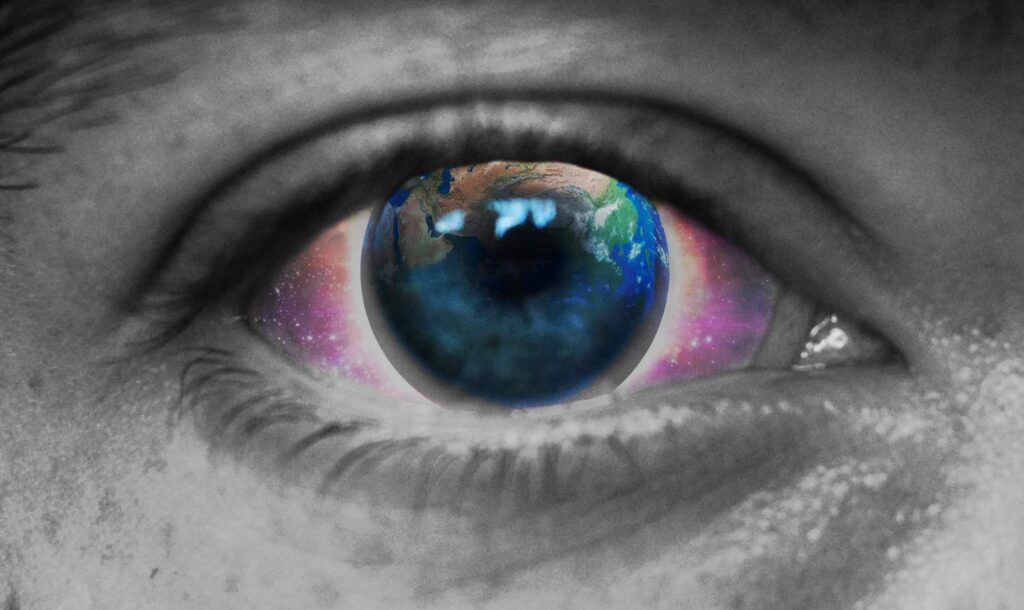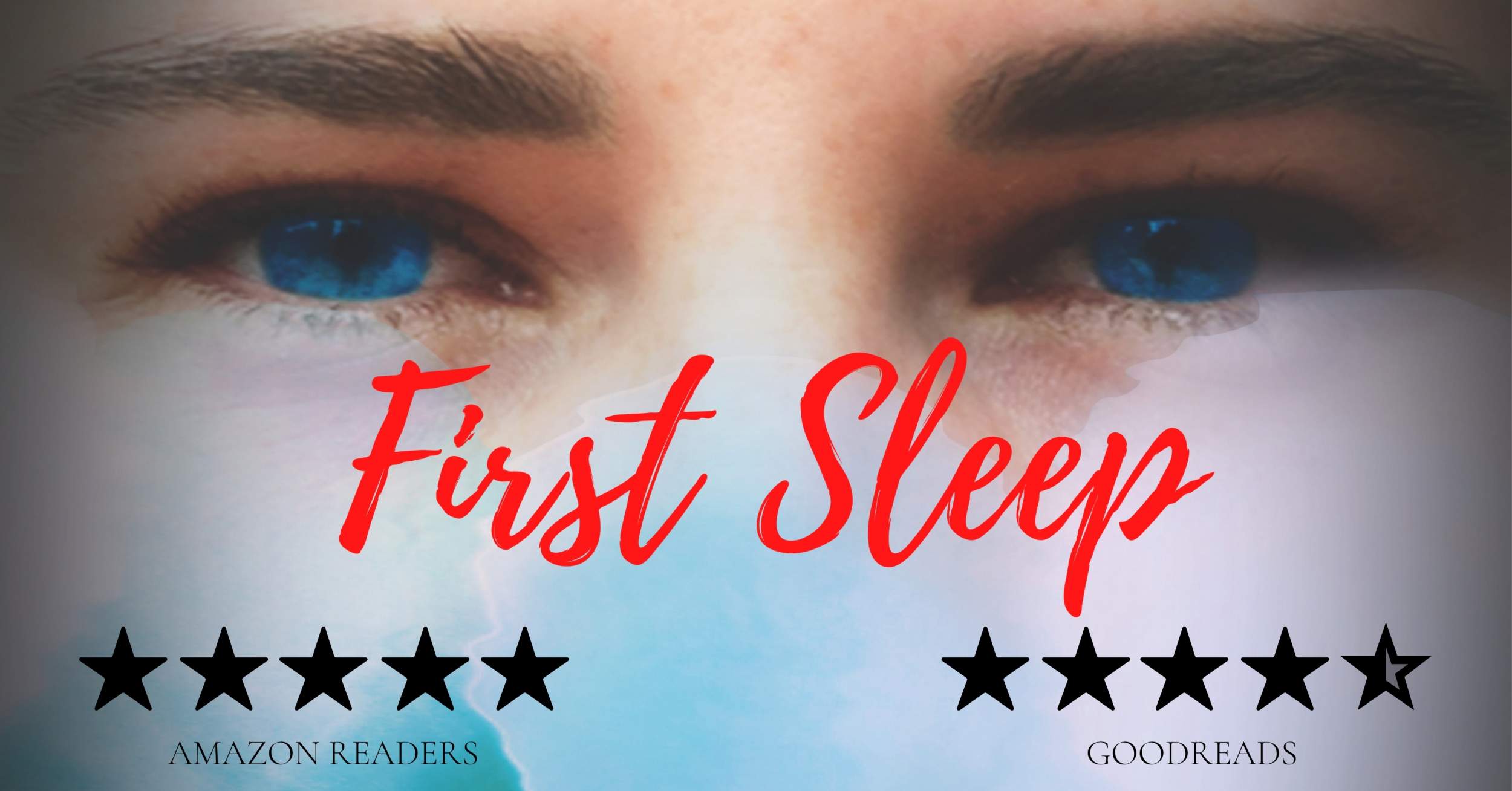
Metre by metre the sun will set on this surreal lost year of our lives. Close as we like, we’ll hug old friends or simply shake new hands, just because we can.
If by then only our holiday, career or social plans have been cancelled, we can consider ourselves lucky. Spared from losing loved ones to coronavirus or conditions worsened by lockdowns.
At best, we have endured a year of social isolation, financial hardship, racial tensions and political conflict. Yet none of these problems are new, created or confined to 2020. In many cases, it seems the pausing of daily life has simply left time for past issues to grow.
With no end to Covid-19 in sight, perhaps now is the time we also talk about the other problems which divide us. For a future united, like the post-pandemic world we dream of…
Fake News
Before and after all the articles you read, there are only two types of knowledge:
1) Apriori – knowledge that is acquired independently from experience (e.g. 1 + 1 = 2)
2) A Posteriori – knowledge that is dependent upon experience (e.g. the sky is blue)
The trouble is, as we are increasingly behind four walls, we are having to trust others for even basic knowledge dependent upon experience. Then of course, there’s fake news. But how do we even know what’s real?
By now, you have hopefully heard of the algorithms social media platforms use to show you content ‘they think you’ll like.’ After a while, if you only got your information from social media, you would only receive content which re-enforces your preconceived ideas.
So, when you briefly stick your head out of your news feed, you might be surprised to hear a contrasting perspective. This phenomenon is blamed for helping to create polarised political views in society today. There’s been increasing focus on this topic, including the popular 2020 Netflix documentary, The Social Dilemma. But one question still remains…
How do you decide which news to trust?
Do you trust Facebook or Twitter to flag misinformation? If so, great, but still take time to consider your own bias. What one-sided experiences are you bringing to the debate? Reflect on what you don’t know, or have not experienced, before giving certainty to any one conclusion. Likewise, question my bias as the writer, what perspective am I bringing to the table, as a male in his 20s growing up in London?
That’s not to imply you should dismiss my argument if I have a different experience, just take my opinion to help you form your own…
“It is better to debate a question without settling it than to settle a question without debating it.” – Joseph Joubert
False Meritocracy
1) “Eat drink and be merry for tomorrow we die.”
2) “Live to achieve greatness.”
Millennial Problems
So why am I bringing religion into it?
Because if nothing else, religion can perform the useful service of keeping our struggles in perspective, steering us away from individualism, where everyone deserves a special destiny, to the community mattering most. In 2020, whether you are religious or not, perhaps young people can learn from this perspective.
However, blaming young people for having high aspirations, and focusing on individual goals when that’s how they were raised can feel disingenuous. Particularly, when it seems the identity concerns of anyone and everyone under 40 are given the lazy labelling of being ‘millennial.’
Remember, the elderly may have an old fashioned stiff upper lip when it comes to talking about their feelings, but it isn’t just teenagers trapped behind computer screens feeling lonely. Even putting the temporary effects of lockdown to one side, the number of over-50s experiencing loneliness to still set to increase by 49% in the next 10 years.
In truth, there has always been a divide in ideas between the old and young, but many of the issues we face today; isolation, loneliness and lack of purpose are different sides of the same coin. It’s time to see both sides, more than ever. We rely upon each other, for Covid-rules and forever after. Now is the time to talk.
Want to add to the debate? Please do so in the comments below.

